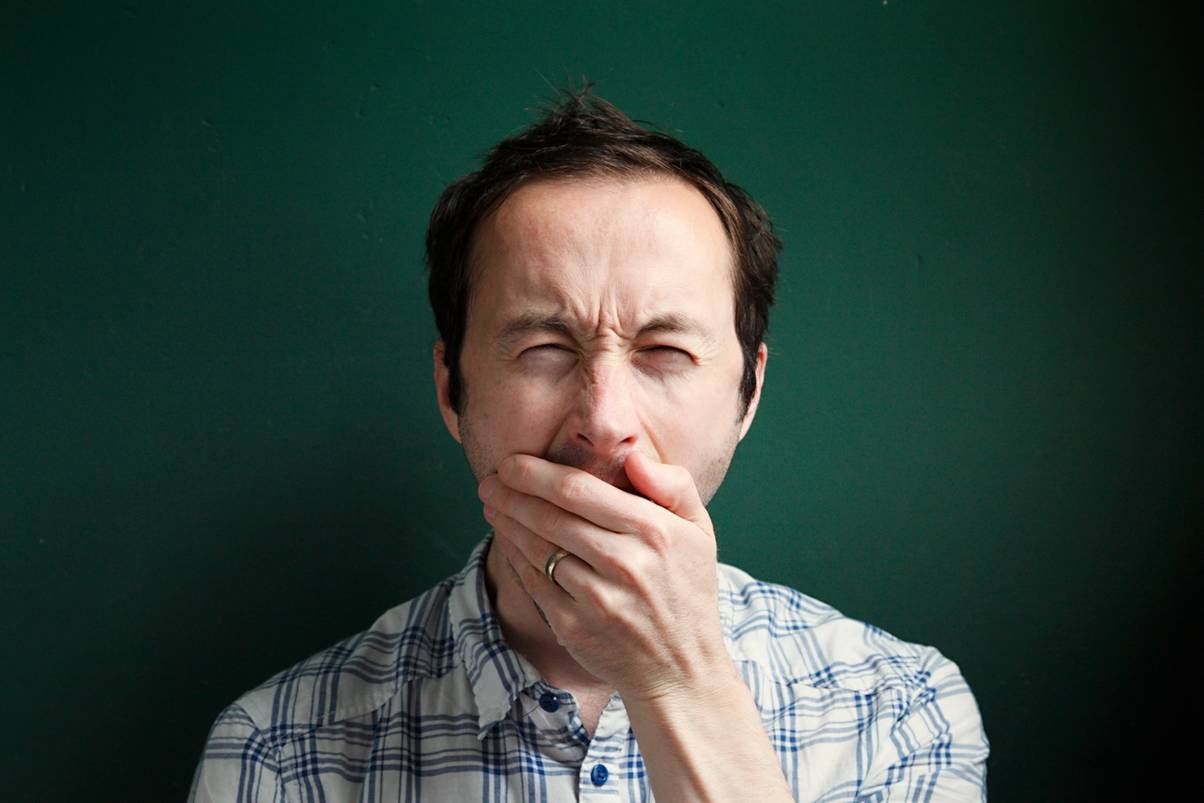
Turns out there’s another theory as to why we yawn and it’s nothing to do with our brains needing oxygen or being tired.
Yawning. As soon as you read that you probably found a yawn creeping into your mouth and either had to work pretty hard to stifle it or just let your mouth open wide in all its glory.
But why do we do it? Well, it’s been long-debated by scientists with no definitive answer come to rest on, however, a new intriguing theory has since arisen.
What yawning is – scientifically speaking
Yawning ‘is the opening of your airway and mouth to take a long, deep breath of air,’ Cleveland Clinic explains.
It continues: “It’s a complex muscular movement. In seconds, your entire airway fully dilates (expands). And surrounding muscles powerfully stretch or tense, most significantly around your throat (pharynx). Another term for yawning is oscitation.”
The site notes the human function is ‘common but perplexing’ and no theory is certain, however many ‘common triggers’ include ‘tiredness, boredom, waking up and stress’.
“Seeing or hearing other people yawn can also cause you to yawn,” it adds.
However, a new theory has since been proposed as to why we crack open our mouths – and why you’ll probably do so simply while reading about yawns during this article.

A new theory
State University of New York at Oneonta’s Andrew Gallup came up with the theory during his undergraduate degree.
He queried whether yawning was, in fact, actually a motion spurred on in a bid to help to cool off the brain.
In the study, Gallup argues the opening of the jaws in such an abrupt way sparks blood flow around the skull which, in turn, helps regulate the brain’s temperature.
As you yawn, you inhale too, which Gallup explains brings air into your system which leads back to the brain, similarly having a cooling effect.
Rather than simply theorizing, Gallup decided to test his prediction out.
People were put to the test in normal conditions and then asked to hold a cold compress to their heads.

Testing the theory
The study reveals: “When participants held a warm pack (460 C) or a pack at room temperature to their forehead while watching people yawn, contagious yawning occurred 41 percent of the time.
“When participants held a cold pack (40 C) to their forehead, contagious yawning dropped to 9 percent.”
The temptation to yawn was prevented further by the participants being asked to breathe through their nose – a reported quicker way to cool the brain compared to mouth breathing.
“There were no yawns in the nasal breathing group. In all other groups, at least 45 percent of viewers yawned at least once. In the strictly oral breathing group (not the nose plug condition), 54 percent of viewers yawned at least once,” the study continues.
Gallup also asked participants to pop a thermometer in their mouths before and after yawning and found participants’ temperatures allegedly rise just before and then drop after.

The study resolves: “According to our hypothesis, rather than promoting sleep, yawning should antagonize sleep. It has been widely believed that yawning in the presence of others is disrespectful and a sign of boredom (e.g., witness the fact that many people cover their mouths when they yawn).
“However, according to our account yawning more accurately reflects a mechanism that maintains attention. Likewise, when someone yawns in a group setting as evidence for diminished mental processing efficiency, contagious yawning may have evolved to promote the maintenance of vigilance.”
However, University of Bern’s Christian Hess argued: “Gallup’s group has failed to present any convincing experimental evidence to support his theory.”
So, what do you think?